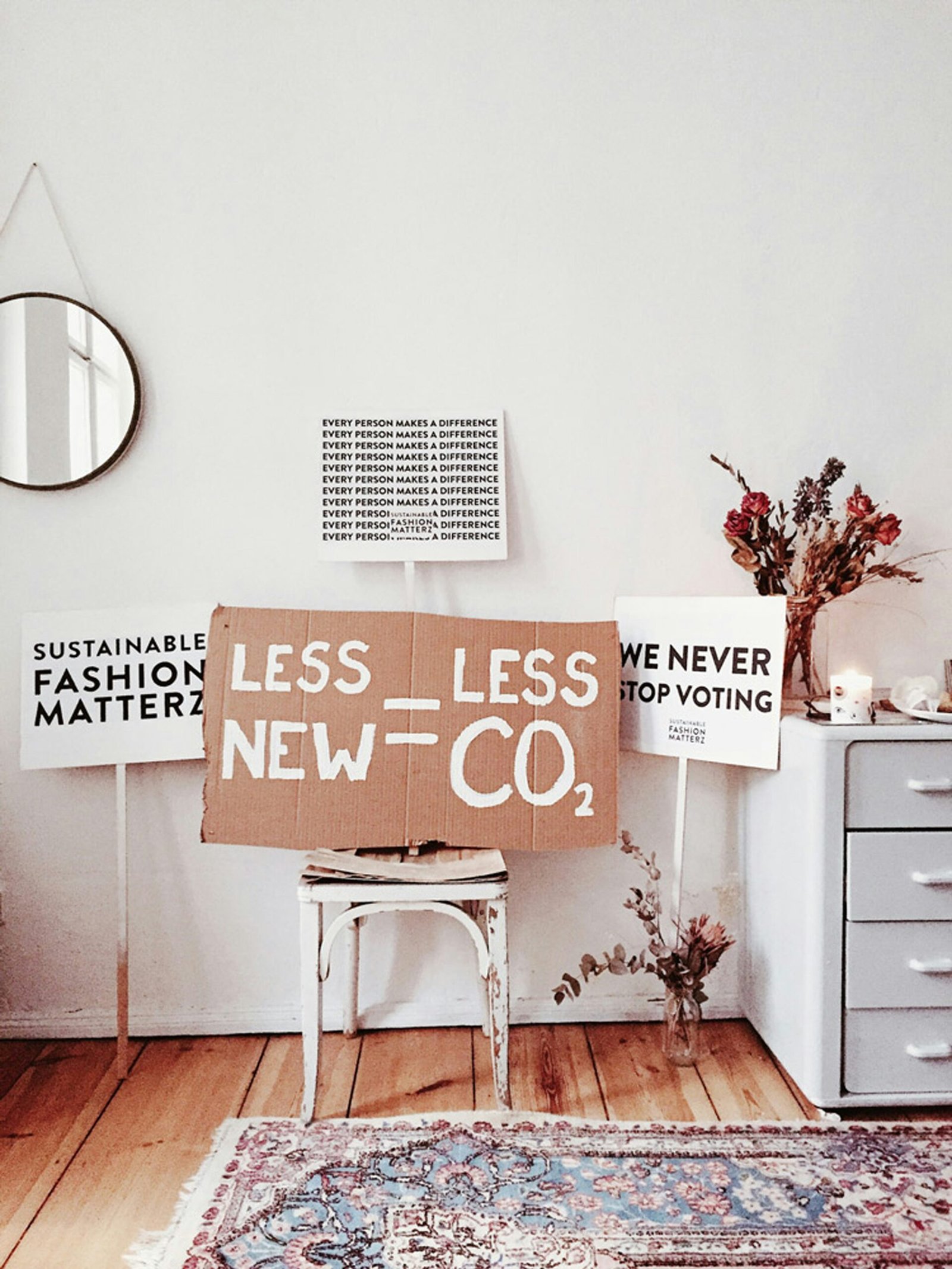
When it comes to fashion, it’s not just about looking good anymore. More and more people are becoming aware of the impact their clothing choices have on the environment and the people involved in the production process. As a result, sustainable fashion has gained significant popularity in recent years, with individuals and brands alike making conscious efforts to embrace eco-friendly and ethical clothing choices.
The Environmental Impact of Fast Fashion
Fast fashion, characterized by its low-cost and high-speed production, has become the norm in the fashion industry. However, this model has severe consequences for the environment. The production of synthetic fabrics, such as polyester, contributes to the release of harmful greenhouse gases. Additionally, the excessive use of water, energy, and chemicals in the production process leads to pollution, deforestation, and depletion of natural resources.
Furthermore, the fast fashion industry is notorious for its wastefulness. The constant demand for new trends and cheap clothing leads to a culture of disposable fashion, where garments are worn only a few times before being discarded. This results in overflowing landfills and contributes to the growing problem of textile waste.
The Rise of Sustainable Fashion
Thankfully, there is a growing movement towards sustainable fashion, which aims to minimize the negative impact of clothing production on the planet. Sustainable fashion encompasses various practices that promote environmental responsibility and ethical manufacturing processes.
One aspect of sustainable fashion is the use of eco-friendly materials. Designers are increasingly turning to organic cotton, hemp, bamboo, and other natural fibers that require less water and chemicals to grow. Additionally, recycled materials, such as polyester made from plastic bottles, are being used to create new garments, reducing the demand for virgin resources.
Another key component of sustainable fashion is ethical manufacturing. This involves ensuring fair wages, safe working conditions, and workers’ rights throughout the supply chain. Brands are now focusing on transparency, providing information about their sourcing and production practices to empower consumers to make informed choices.
How to Embrace Sustainable Fashion
Embracing sustainable fashion doesn’t mean completely overhauling your wardrobe. Here are some simple steps you can take to make more eco-friendly and ethical clothing choices:
- Buy less, choose well: Instead of constantly buying new clothes, invest in high-quality pieces that will last longer. Opt for timeless styles that won’t go out of fashion quickly.
- Shop secondhand: Thrift stores, consignment shops, and online platforms offer a wide selection of pre-loved clothing. Buying secondhand not only reduces waste but also gives garments a second life.
- Support sustainable brands: Look for brands that prioritize sustainability and ethical practices. Many labels now offer eco-friendly collections or have certifications that guarantee their commitment to the environment and workers’ rights.
- Repair and repurpose: Instead of throwing away damaged clothing, learn basic sewing skills to repair them. You can also get creative and repurpose old garments into something new and unique.
- Wash with care: Extend the lifespan of your clothes by washing them less frequently and using cold water. Hang dry whenever possible to save energy and avoid shrinkage.
The Benefits of Sustainable Fashion
By embracing sustainable fashion, you not only contribute to a healthier planet but also enjoy several personal benefits. Firstly, sustainable clothing tends to be of higher quality, meaning it will last longer and save you money in the long run. Additionally, supporting ethical brands gives you the satisfaction of knowing that your purchases align with your values.
Furthermore, sustainable fashion encourages creativity and individuality. By investing in timeless pieces and shopping secondhand, you can curate a unique wardrobe that reflects your personal style. Sustainable fashion allows you to break free from the cycle of fast fashion trends and embrace a more conscious and intentional approach to dressing.
Conclusion
Sustainable fashion is more than just a passing trend; it’s a necessary shift towards a more responsible and ethical industry. By making eco-friendly and ethical clothing choices, we can reduce our environmental footprint and support a fairer fashion system. So, let’s embrace sustainable fashion and make a positive impact on the world, one outfit at a time.